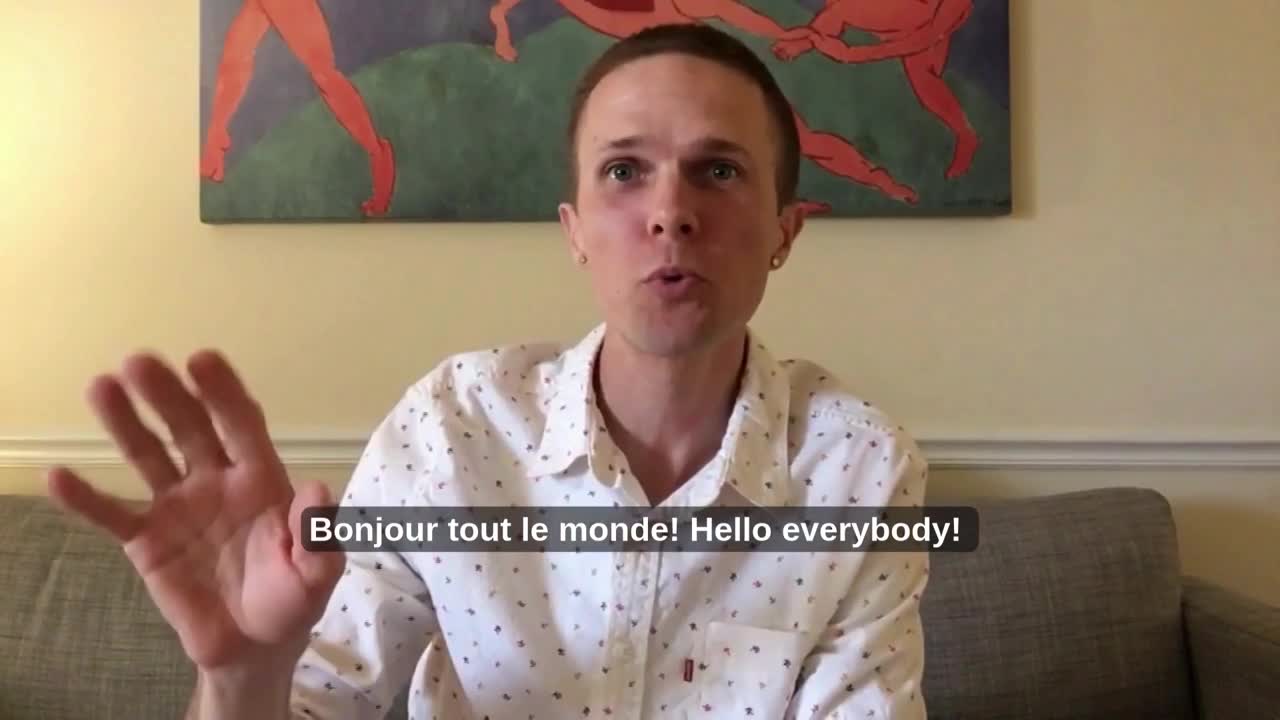Jonathan Baillehache
Translator · Scholar · Teacher
About
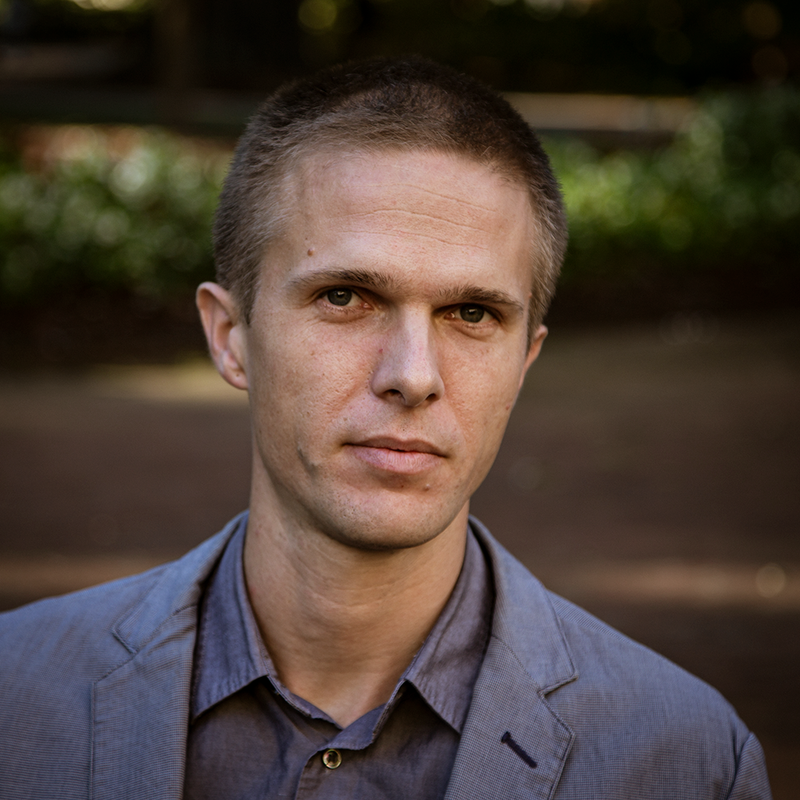
Teaching
After 15 years of teaching French to all ages, I've learned that the key to successful language learning is FUN! Forget boring textbooks; I'll start you speaking French in no time by focusing on the sounds of French through lessons packed with engaging activities like memory games, role-playing real-life scenarios, and even making crepes. I'll also incorporate modern French materials like videos and songs, including some slang, so you learn real, everyday French. I give lessons in Athens, GA and online.
Give me a call at 347-360-9022
Or write at jonathanbaillehache@gmail.com
Introduction au Hip Hop Français
L'Étranger de Camus
L'Aube de Rimbaud
Ces Liens d'or de Ronsard
Experience
UNIVERSITY OF GEORGIA, Professor of French language and culture, 2013-2022. Beginner and Advanced French, French Literature, French Cinema, French Video Game, French Hip Hop, French Digital Arts (PhD seminar), Theory and Critique of Translation (PhD seminar).
RUTGERS, STATE UNIVERSITY OF NEW JERSEY, French Assistant, 2008-2013. Beginner and Advanced French.
FRENCH INSTITUTE OF SAINT-PETERSBURG, RUSSIA, French teacher, 2007. Beginner and Advanced French.
Translation
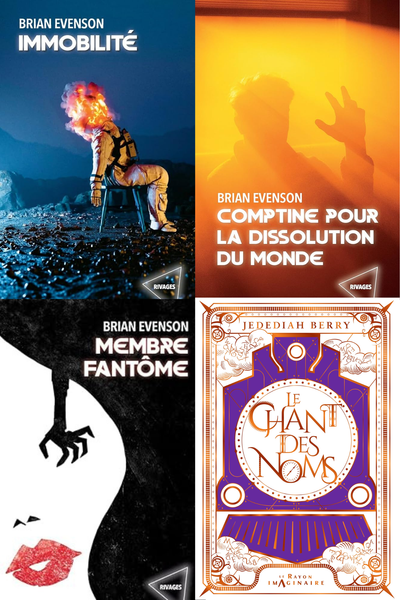
PORTFOLIO: Brian Evenson (2022 - present)
American author Brian Evenson's novels and collections embark us on terrifying tales in which rational, meticulous characters are driven to the brink of madness by their thirst for knowledge. In a hostile world stricken by unexplained apocalypses, inhabited by unspeakable mutations, and haunted by power-hungry cults, curiosity kills the cat. Yet Brian Evenson, with his consummate art of suspense and brevity, forbids us to look away.
Introduced in France in 2005 thanks to the "Lot 49" imprint at Cherche midi Publishers, next to great names of post-modern American literature such as Thomas Pynchon and William Gass, Brian Evenson has since enjoyed considerable critical success in France, thanks to the inimitable boldness of his vision of cruelty and the originality of his prose, whose voluntarily laconic minimalism is sometimes compared to that of Beckett. Some of his work belongs to genre literature, namely horror and science fiction, and it was only natural that the author should collaborate with Payot & Rivages' new Rivages/imaginaire imprint, dedicated to "science fiction and fantasy novels from diverse horizons".
Translating Brian Evenson represented the dual challenge of meeting the expectations of the genre literature readership, on the one hand, and to stay true to the uniqueness of his prose, on the other.
As a translator, it was therefore essential to ensure that the genre markers were reproduced in French. Foremost among these is the virile, nihilistic tone, often associated with detective stories and a certain post-apocalyptic SF, with which the author endows many of his narrators. Brian Evenson's novels and short stories are often narrated with a stoic, detached voice that could be that of a detective who wasn't born yesterday. Short, laconic sentences, with a limited lexicon, welcome the imminent arrival of violence with unfailing aplomb.
"He would stir the coffee a little, take a sip, maybe two. Soon, he knew, things would come to head. Another three minutes, maybe four."
– Song for the Unraveling of the World
This hard-boiled tone often required me to reconcile the original's prosaic narrative register with the French reader's demand for lexical variety. Indeed, while it's now common practice in the translation of thrillers and SF novels to dispense with the use of the French imperfect subjunctive, deemed too literary for the prosaic nature of the genre, word repetition, on the other hand, so prevalent in American novels, still puts off French readers. The trend in translation, therefore, is to eliminate repetitions, which are hunted down to the last one by the professional proofreader ProLexis, to be replaced by synonyms. However, eradicating all word repetitions from the original in the name of the French taste for lexical variety entailed the risk of not only cluttering up the text with ostentatious synonyms, but also overlooking how Brian Evenson uses repetition to express certain characters' obsession with morbid details, their almost comic relapse into dead-end labyrinthine journeys, or the presence of disquieting doubles.
"There was hair in front and hair on the back – only saying which was the front and which was the back was impossible."
– No Matter Which Way We Turned
My task as a translator was therefore to distinguish, on a case-by-case basis, between word repetitions that would be retained for their stylistic function and those that could be replaced using synonyms.
Another of Brian Evenson's preferred genre markers is suspense, which he brilliantly produces by linking actions whose logical articulation is left undetermined. To this end, Brian Evenson uses the present participle, intransitive verbs, coordinating conjunctions, excessive spatialization, and numerous incisions to present actions without specifying their exact logic, thus suggesting the hostile opacity of the world in which his characters struggle.
"They both stared at the car, the license plate, talking. One spoke into his radio, quietly. After a moment, the low crackly of a reply. Then they both were moving, more determined now, back to their police car. They got in and waited."
– Song for the Unraveling of the World
However, French doesn't have as many intransitive verbs as English, the frequent use of the present participle is unwelcome, action verbs don't fit well with adverbs of spatialization, the systematic use of the coordinating conjunction is considered unfortunate, and the inopportune use of the comma is outlawed. How, then, to translate American suspense without offending French readers' taste for clear, intelligible sentences?
As a translator adhering to Antoine Berman's ethical principles, I embraced an approach that accommodated the unconventional aspects of this writing. That's why it was essential to reproduce in French the abrupt syntactic indeterminacy of the original, even if it meant introducing a not-always-orthodox use of punctuation, by closely following the syntactic structure of the author's sentences.
Finally, the tension of this prose is heightened by the sudden intrusion, amid a lexicon that first appears deceptively clear, simple, and familiar, of words that are rare, archaic, or impossible, like a blood spatter in an unwonted place.
"Before long, he was spending so much time passed out on the floor that the walls of the house began to run and grow furzed around the edges."
– Sisters
Exchanges with the author were necessary to identify and understand these abstruse words often ignored in translation and to create lexical monstrosities capable of rivaling the linguistic mutations of the original.
Therefore, in the translation, I used a register, tone, and rhythm that unmistakably situated the author within genre literature, while seamlessly integrating the audacious prosody and lexicon that define the author’s distinctive fusion of horror, humor, and poetry.
This content strategy has not gone unnoticed. My French translation of the novel Immobility was one of the most reviewed science-fiction translations of 2023 in France, and critics have been impressed by the economy of words, the tone, and the precision of style I mobilized to translate Brian Evenson's prose.
"A minimalist style tinged with black humor."
Christophe Laurent, Corse Matin
"Immobilité brings to a climax the minimalist art of Brian Evenson, capable of evoking so much in so few meticulously chosen words".
Charybde 27 bookseller's blog
Scholarship
Content on Online Literacy
My articles on digital content addresses general questions about online literacy by focusing the digital remediatization of poems originally printed in experimental formats: visual poetry, typographic poetry, or combinatorial books. By studying how poets have historically used interconnected computers to renew old literary forms or invent new ones, I try to answer essential questions for our digital age:
- How do attitudes and emotions associated with reading and browsing online differ from behaviors associated with reading in print?
- What expressive opportunities does the transition from printed text to digital format offer?
- How do the affordances of online formats manifest, emphasize or even reveal previously neglected qualities of printed texts?
In English:
- "The Digital Reception of A Hundred Thousand Billion Poems". Sens Public. 2021.
- "The Remediation of Russian Avant-Garde Poetry". Translating E-Literature = Traduire la littérature numérique. Université Paris 8. 2015.
- "Chance Operations and Randomizers in Avant-Garde and Electronic Poetry". Textual Cultures 8:1. Indiana University Press. 2014.
In French:
- "Remédiatiser la lettre des Nouvelles Impressions d’Afrique". Cuadernos de Filologìa Francesa, 28. Universidad de Extremadura. 2017. 137-152.
- "Le Passage en ligne de la lettre". La Lettre Mensuelle, Revue des ACF et de CPCT, 319. L’École de la Cause Freudienne. 2013. 22-24.
Content on Literary Translation
My publications about translation focus on ethical theories and practical issues associated with the retranslation of canonical texts from the world literary corpus, with the aim of contributing to defining the objectives and means of literary translation.
- How does the retranslation of ancient or distant literary texts by modern poets promote these texts to new audiences by revealing their traditionally neglected literary qualities?
- How is the survival of our patrimonial literary corpus in translation threatened by academia’s attachment to the past and the nearsightedness of the book market?
- What practical solutions do translators invent to resist the ideological and economic constraints that hinder their ethical mission?
In English:
- "Towards an Eroticism of Translation: Gayatri Chakravorty Spivak’s Translation of Césaire’s A Season in the Congo". Translation Review. 2021.
- "Translating constrained literature: Translation or transposition?". MLN French Issue 131:4. Johns Hopkins University Press. 2016. 892-904.
In French:
- "Figuration et traduction de la différence raciale : critique d’une traduction de Langston Hughes par Paulette Nardal" (chapitre). Figurations littéraires et médiatiques de l’Autre. Edited by Kodjo Attikpoé, Éditions Perce-Neige. 2023.
- Le désir de traduire : Penser la traduction selon Antoine Berman. Chateaubriand, Pound et Roubaud, Presses universitaires de Rennes. 2021.
- "L’éthique de la solidarité noire dans une traduction de Richard Wright par Aimé Césaire". French Review. Vol. 94.4. 2021.
- "Dossier Outranspo", avec le collectif Outranspo. Remue.net. 2020.
- "L’Oulipo et la traduction moderniste". Formules, 16. Presses Universitaires du Nouveau Monde. 2012. 279-290.
- Intervention au séminaire "Anachronies : Translatio" organisé à l'ENS par Claire Paulian et Lily Robert-Foley, disponible en conférence vidéo.
"Traduire, Transcrire, Translitérer" : partie 1, partie 2, partie 3, partie 4.
Copywriting
PORTFOLIO
Anais Pastries : 2023-2024
Anais Pastries, a quaint family-run business, is deeply passionate about crafting traditional French pastries, supporting local commerce, and championing sustainable development. Their mission is to bring authentic, high-quality gourmet treats directly to the residents of Athens, GA (U.S.A.), while minimizing their carbon footprint through bicycle deliveries. They strive to not only deliver delicious pastries but also to nurture a sense of community and environmental responsibility. Anais Pastries is more than just a bakery—it's a celebration of tradition, craftsmanship, and connection.
Anais Pastries faced the challenge of building and retaining a customer base around a high end product in a niche market, all while operating on a limited marketing budget.
I built their brand around the slogan “Authentic Homemade French Viennoiseries Bike-Delivered to your Door,” which highlights authenticity, local focus, and ecological commitment. This slogan introduces a French term indicating the luxurious exclusivity of the products ("viennoiseries"), conveys the personal touch of a family-run business ("your Door"), and emphasizes their environmental responsibility through cycling delivery ("bike-delivered"). To promote the brand’s identity, I established an online presence with a website (anaispastries.com), social media campaigns (IG: @anais_pastries_athens, FB: Anais Pastries), and designed packaging, business cards, and brochures.
I leveraged the charm of family cooking and tradition by sharing stories and picturesque imagery on the website and social media platforms. Their products are presented on the website alongside traditional domestic objects like doilies, decorated earthenware plates, floral wallpaper, and gingham fabric.
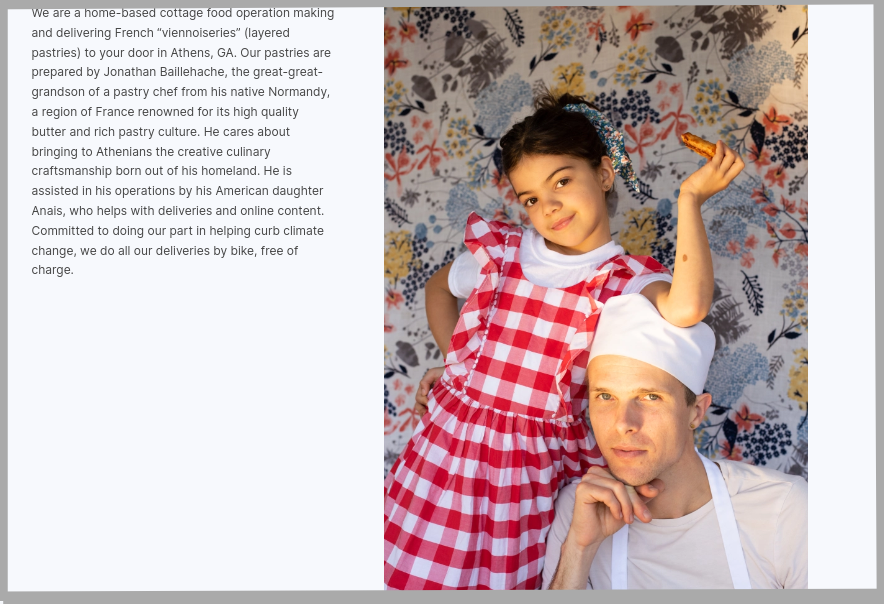
To emphasize their culinary authenticity, I created a menu featuring French terms alongside English descriptions, elevating the consumer experience with a touch of sophistication.
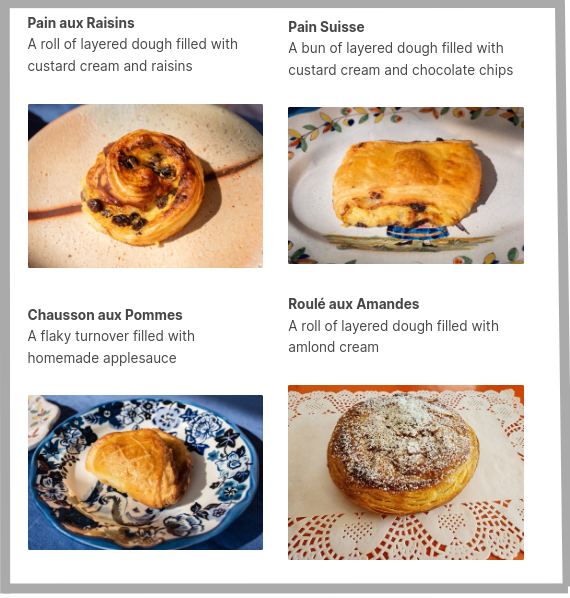
Through social media campaigns on Instagram, I highlighted the pastry chef ancestors and his bond with his daughter.
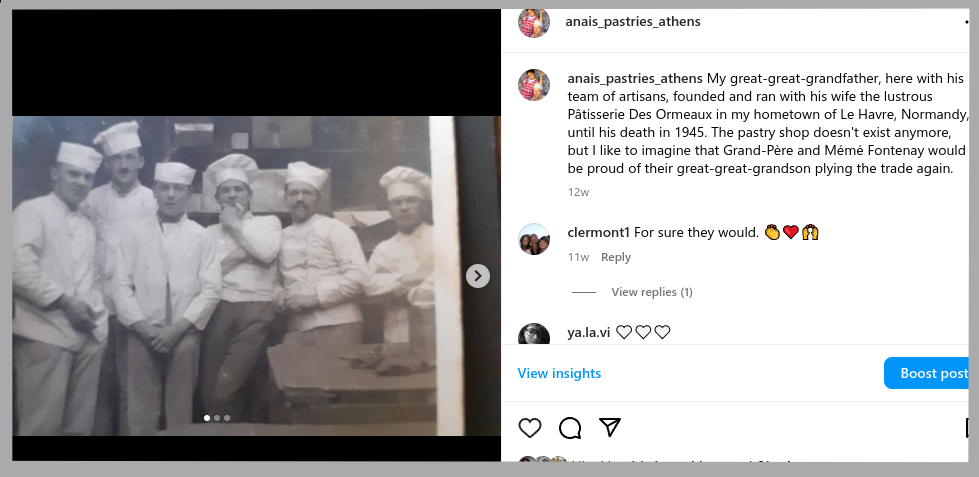
I engaged their audience with interactive teasers showcasing the chef’s daughter testing of new recipes in France, encouraging followers to vote for their favorite products.
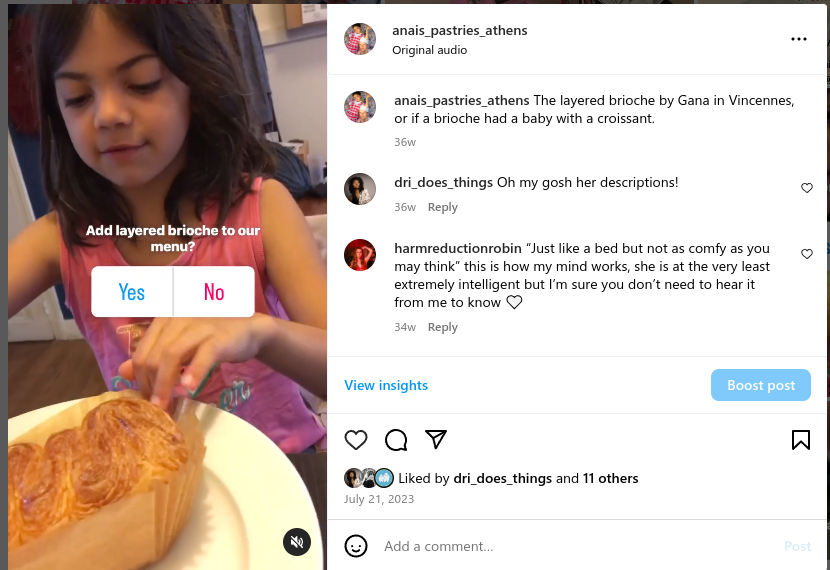
By highlighting our pastry chef's family heritage and the generational love for baking, I've woven a narrative that resonates with their audience.
I collaborated with local artists in order to highlight the local scale of the brand but also to leverage their influence with consumers. A local artist created the logo and a comic strip illustrating the journey of a family inspired by the concept, further reinforcing the brand identity.
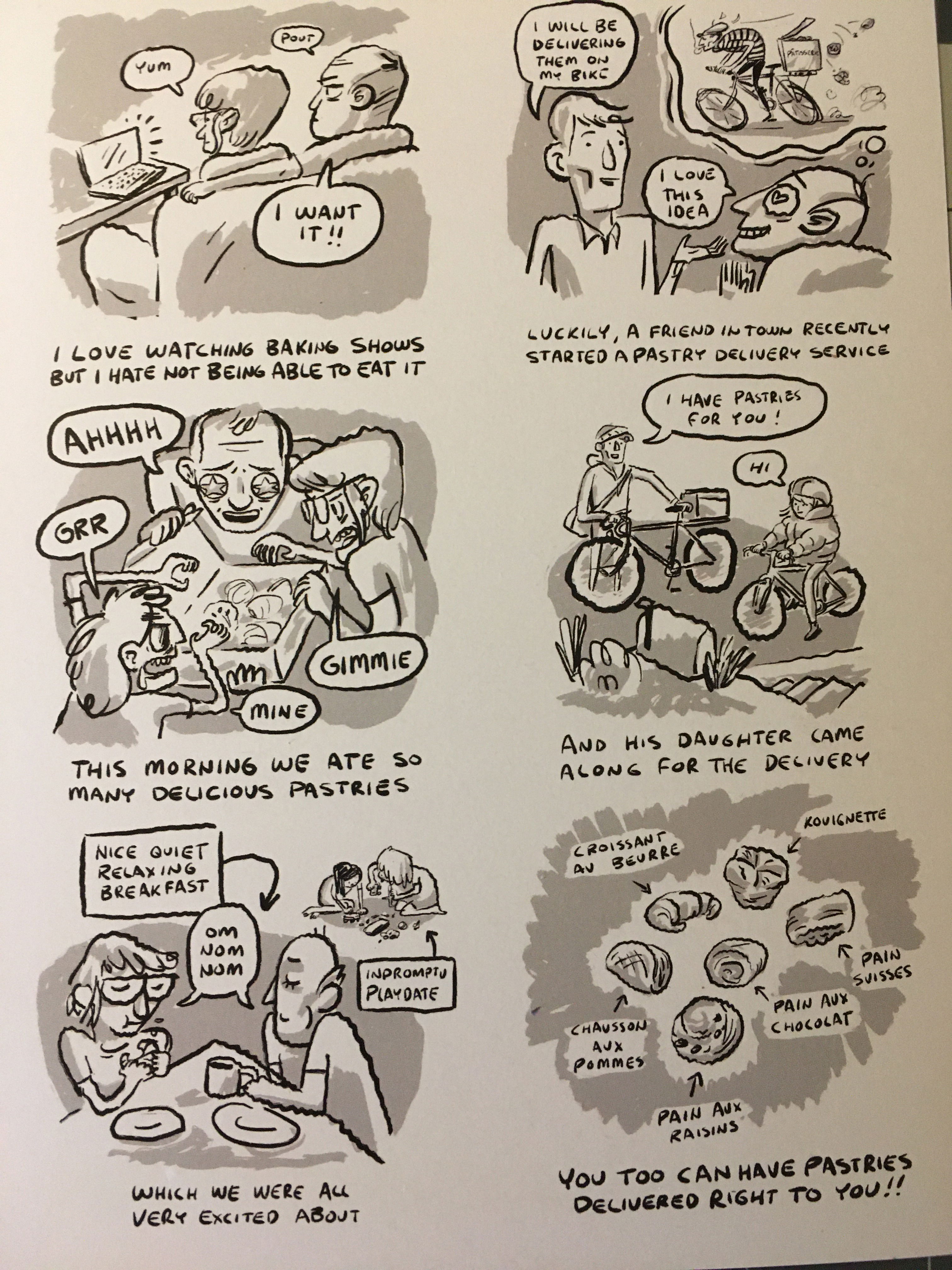
Finally, I've placed the brand’s ecological values front and center by commissioning a logo that humorously portrays their commitment to bicycle deliveries and sustainability.
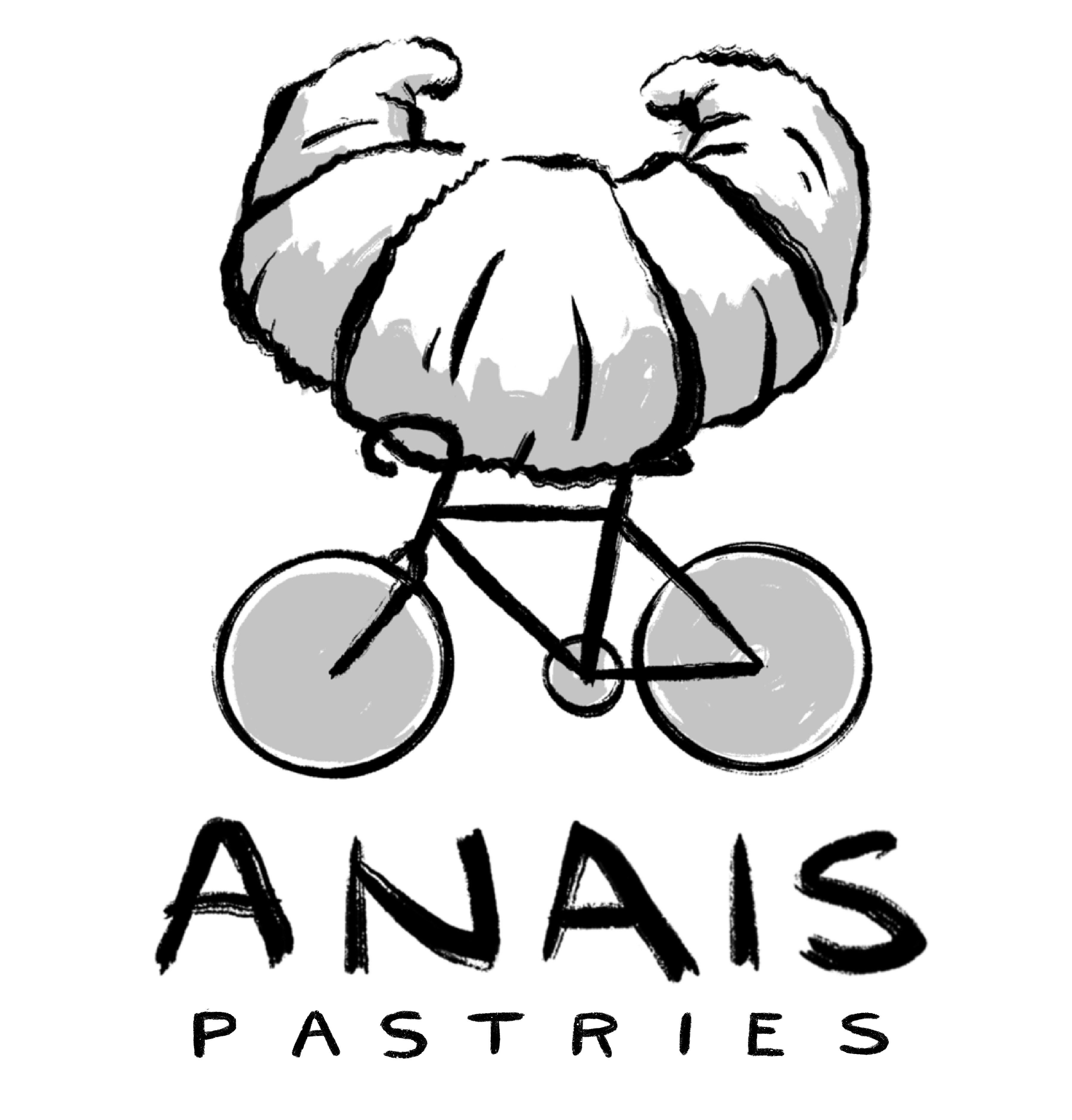
My content and marketing strategy allowed them to reach more than a hundred clients locally and triple their number of followers on social media in a few months.
Contact
- Athens, Georgia, USA
